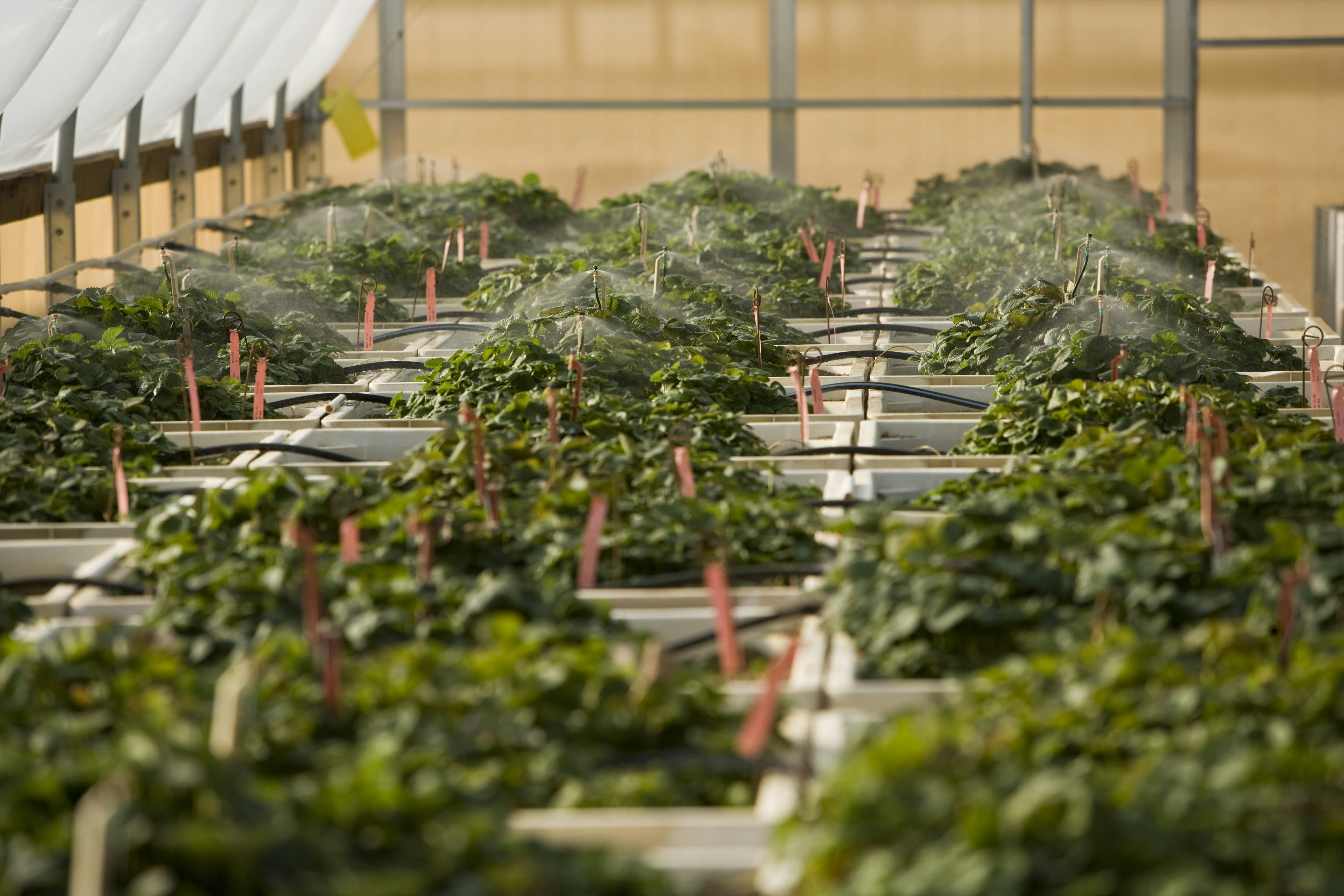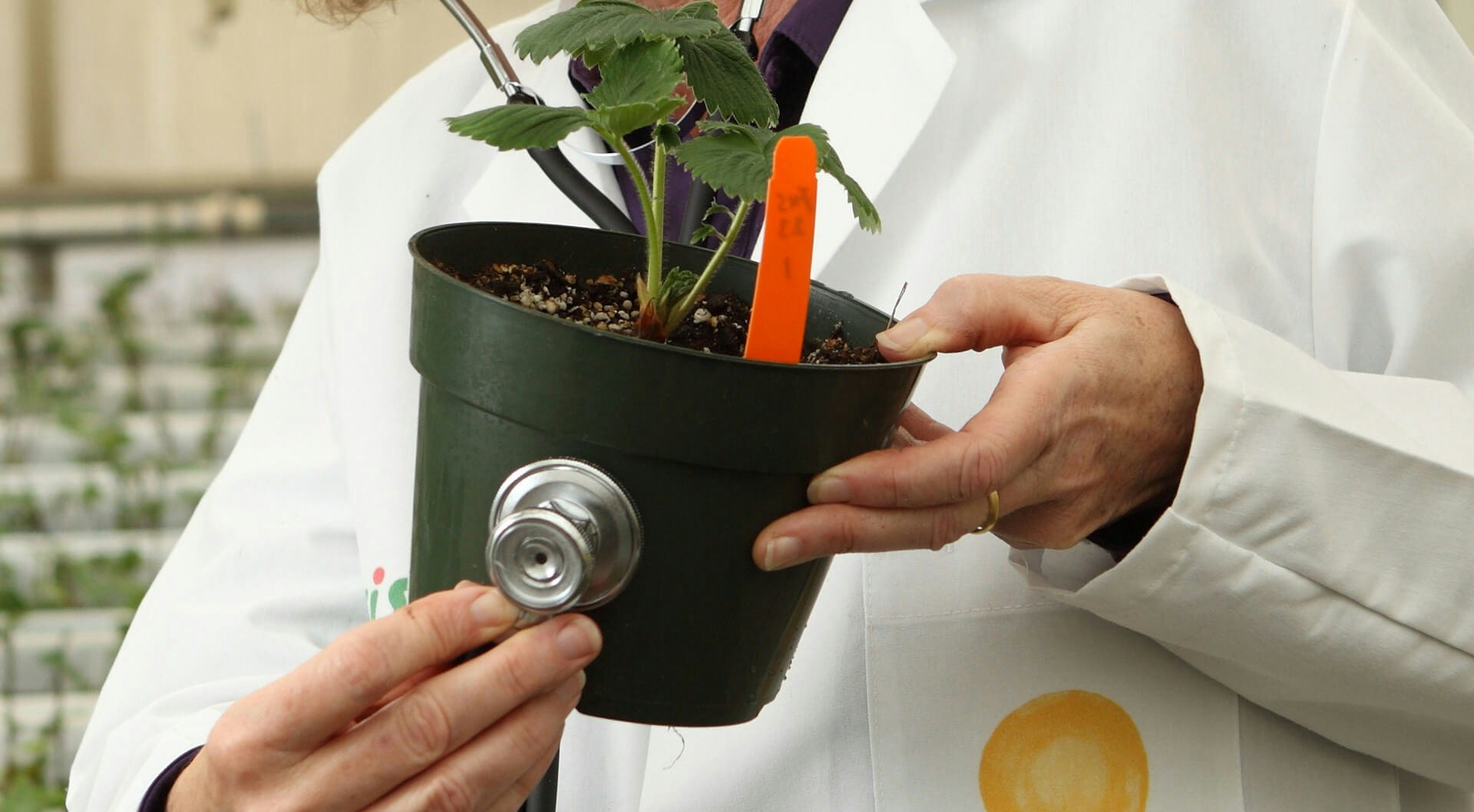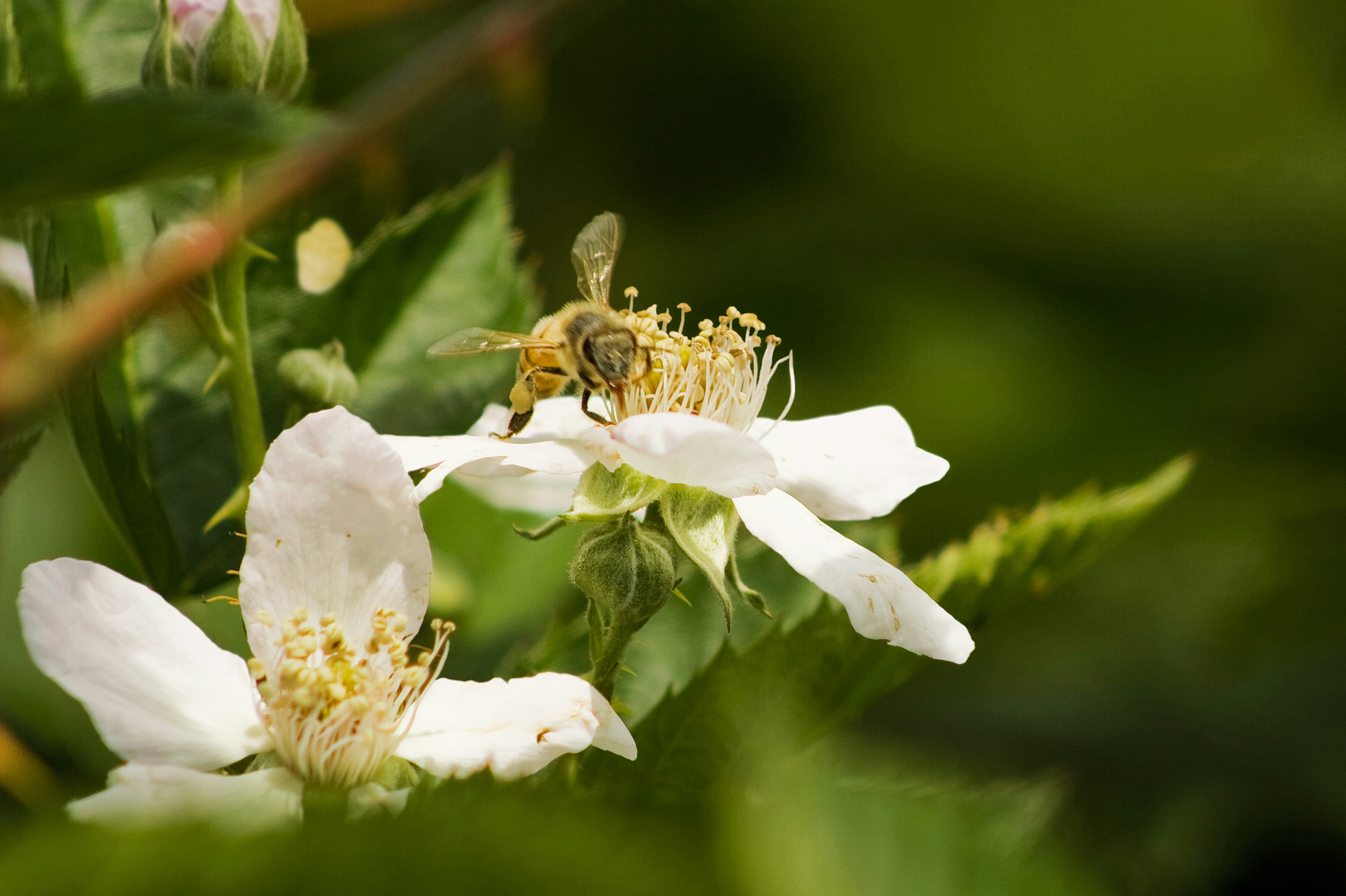Our Commitment to Organic

Organic Farming - Why It's Different
The goal of organic farming is to produce high quality food while being a good steward of the environment. Our independent organic growers are committed to upholding the standards set by the National Organic Program and regulated through the United States Department of Agriculture (USDA). These standards include:
- Banning the use of prohibited synthetic inputs for at least 3 years
- Ensuring soil health, and thus crop health, through crop rotation and cover cropping, and other types of diversified plantings in perennial systems.
- Maintaining biodiversity and natural resources by managing habitat such as hedgerows and cover crops for pollinators and natural enemy insects
With these strict standards, organic farming takes extra care, commitment, and collaboration between growers, organic certifiers, natural resource professionals and Driscoll’s employees. Driscoll’s helps guide independent growers through the certification journey and continually supports organic farming practices through research and best practice sharing.
Supporting Organic Certification
Before berries can be deemed certified USDA organic, growers must prepare their farms and change their practices to adhere to strict organic standards. This includes developing a comprehensive Organic System Plan (OSP) that details their organic practices and procedures. Once the OSP is complete and the practices are implemented, farmers must undergo a rigorous certification process through our organic certifier, CCOF, to prove they’re compliant.
Our organic team works closely with CCOF to understand the intricacies of the standards. Independent growers and the Driscoll’s organic team share knowledge and work together to navigate this complicated process. Driscoll’s provides support for new organic growers making the transition and existing growers that are re-audited annually. Since the standards are ever-evolving to uphold the integrity of the organic seal, this takes expertise and constant communication between all parties involved.
Nurturing Healthy Plants

Before growers begin producing organic berries, Driscoll’s develops the proprietary varieties which are developed through selective breeding. All Driscoll’s berries are non-GMO and the organic standard does not allow GMOs.
Driscoll’s nursery grows the plants which are then delivered to our independent farmers to grow the fruit.
Delivering more resilient plants

Our plant health team works with our breeders to understand the qualities of plants that are more resistant to disease and then helps them produce varieties that are naturally more disease resistant. Since the organic standard bans the use of most synthetic agricultural chemicals, delivering more resilient plants is very important to our independent organic growers and to our plant nurseries.
Driscoll’s also works with external partners, like universities, to pilot organically-approved techniques that increase the health of the soil and reduce the instances of harmful disease in our plants. This includes cover crops, crop rotation, composts, and pre-plant soil treatments such as anaerobic soil disinfestation and steam.
The plant health team also, like a good doctor, determines what might be harming a plant before making a recommendation to our growers or our nurseries for how to treat it.
Natural Pest Control

Beneficial bugs are crucial for organic growers. Our entomology team are experts in identifying opportunities to use predatory insects that keep pests at bay. They spend a lot of time in the lab researching the effects and benefits of bugs on the farm. Entomologists also evaluate the landscape and suggest practices that increase biodiversity of the area. They share this information with growers and others in the industry to further collective knowledge on the subject. Introducing more native crops brings in more beneficial bugs to increase resilience of the crops without the use of synthetic inputs.